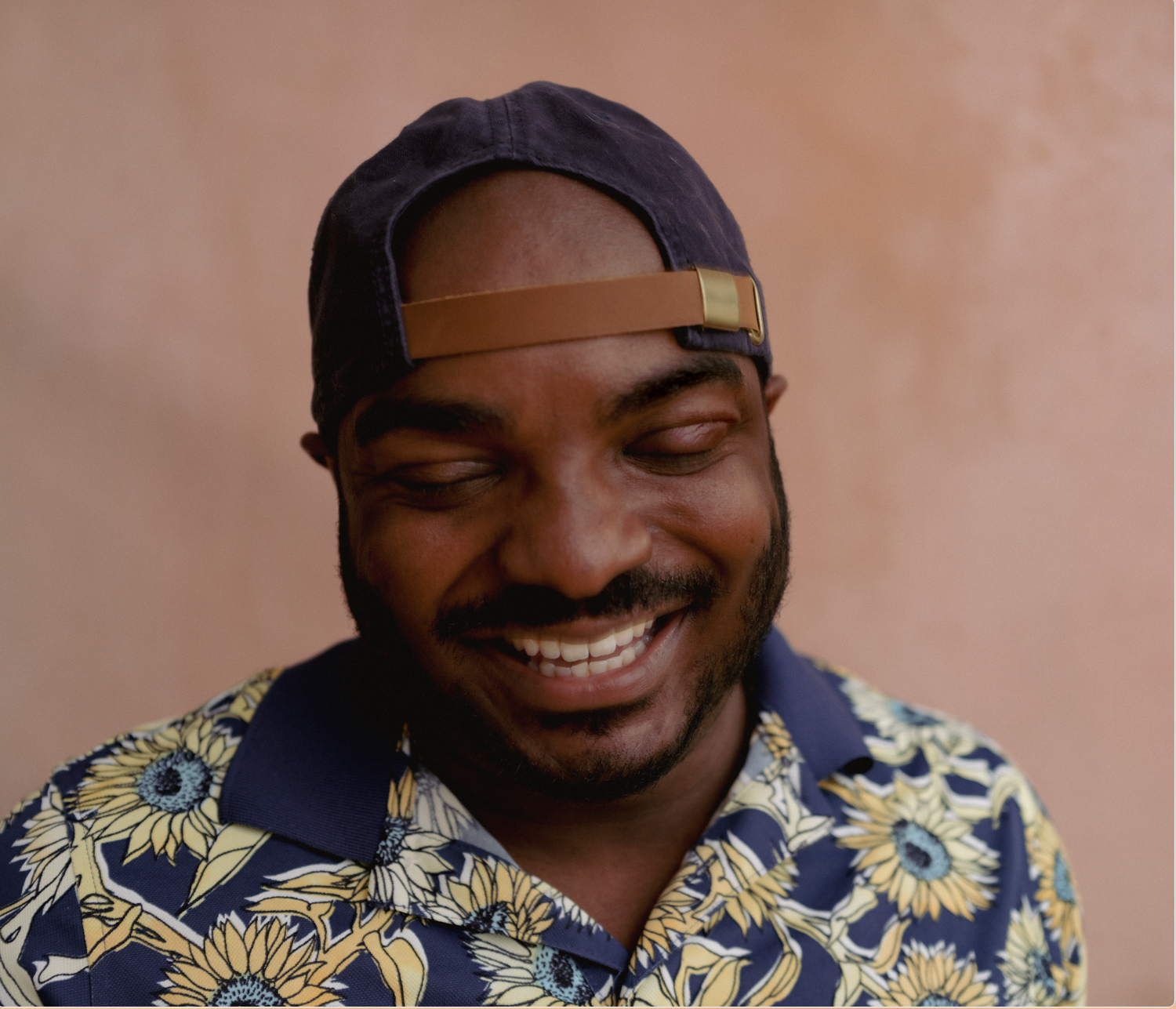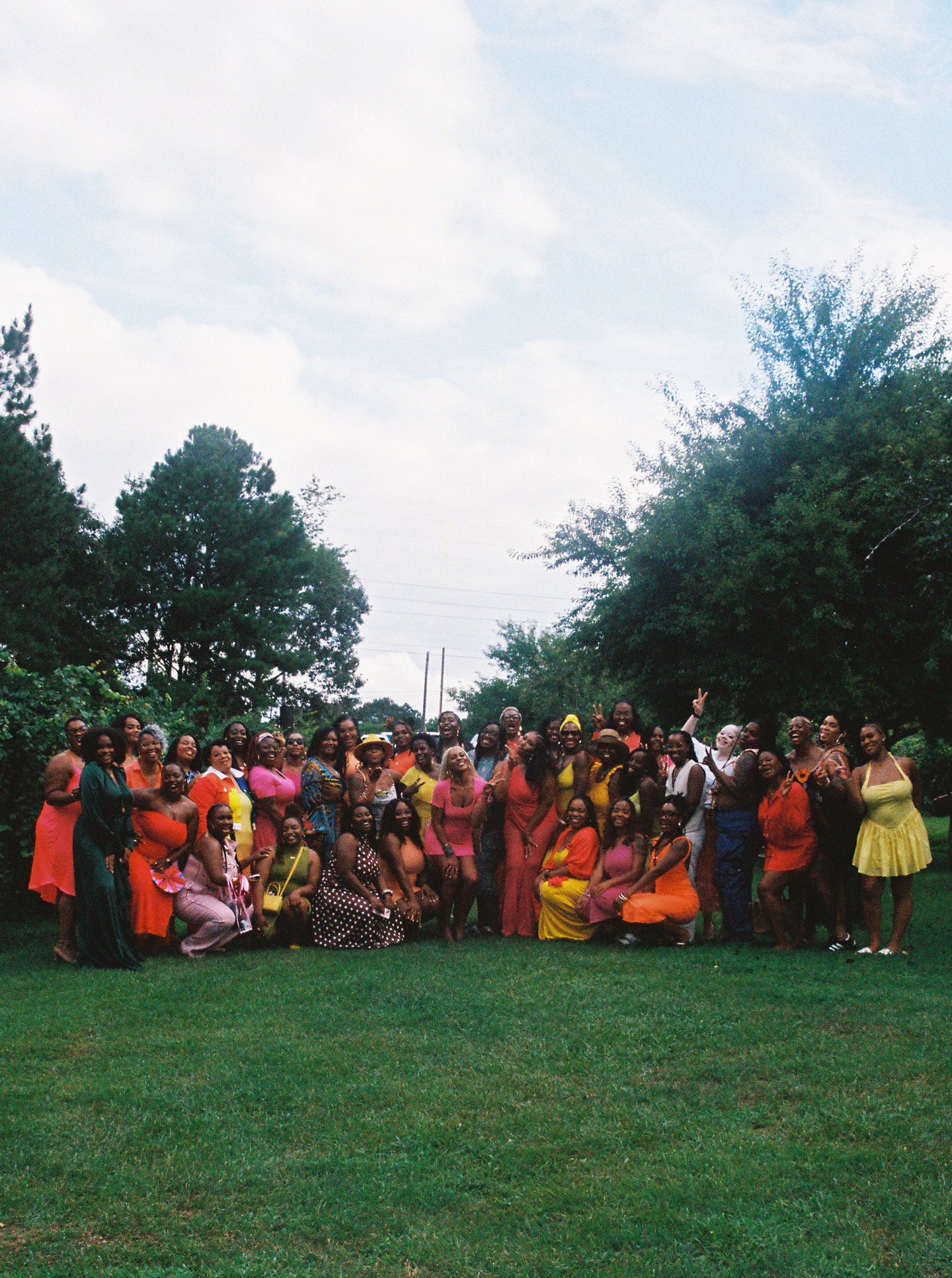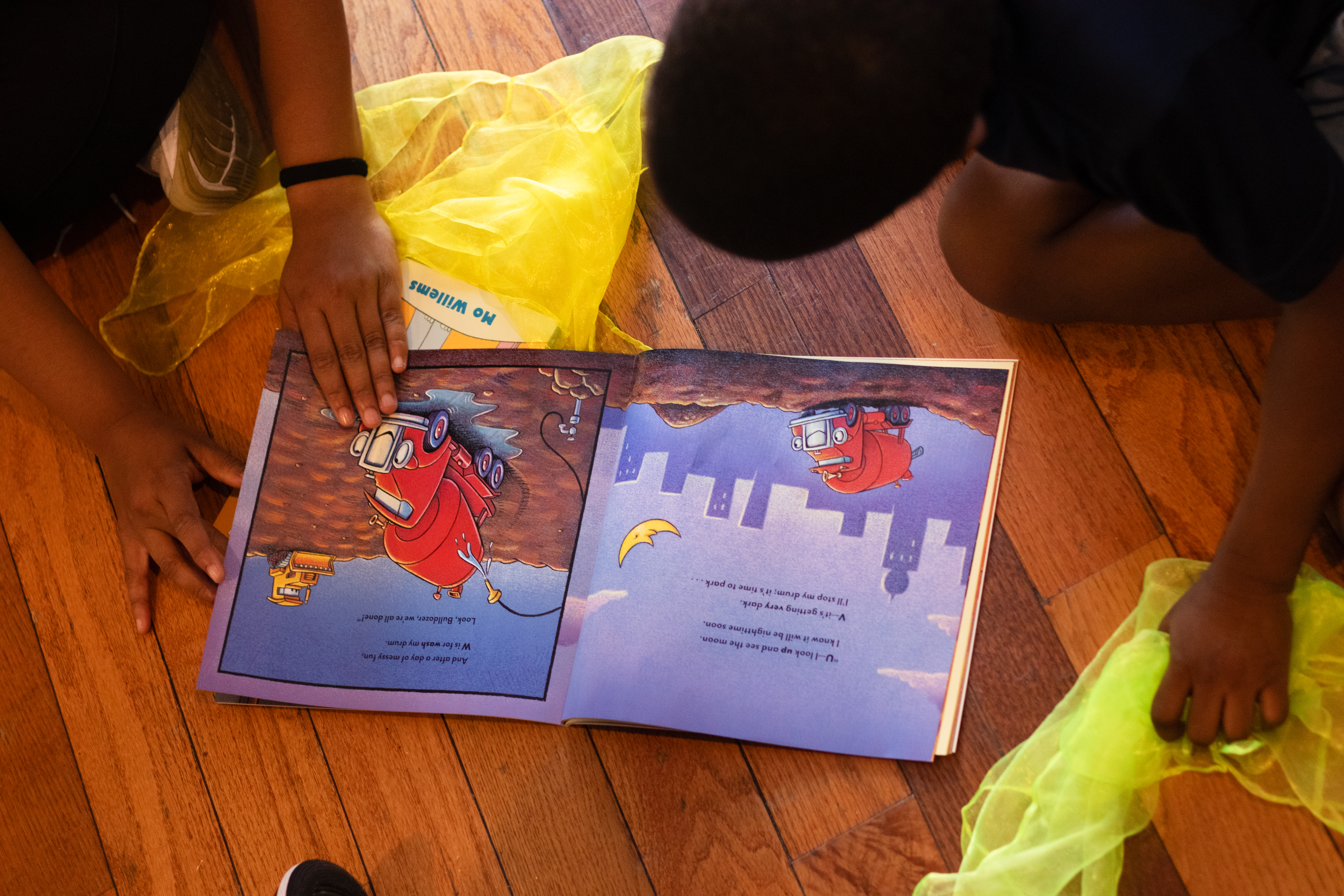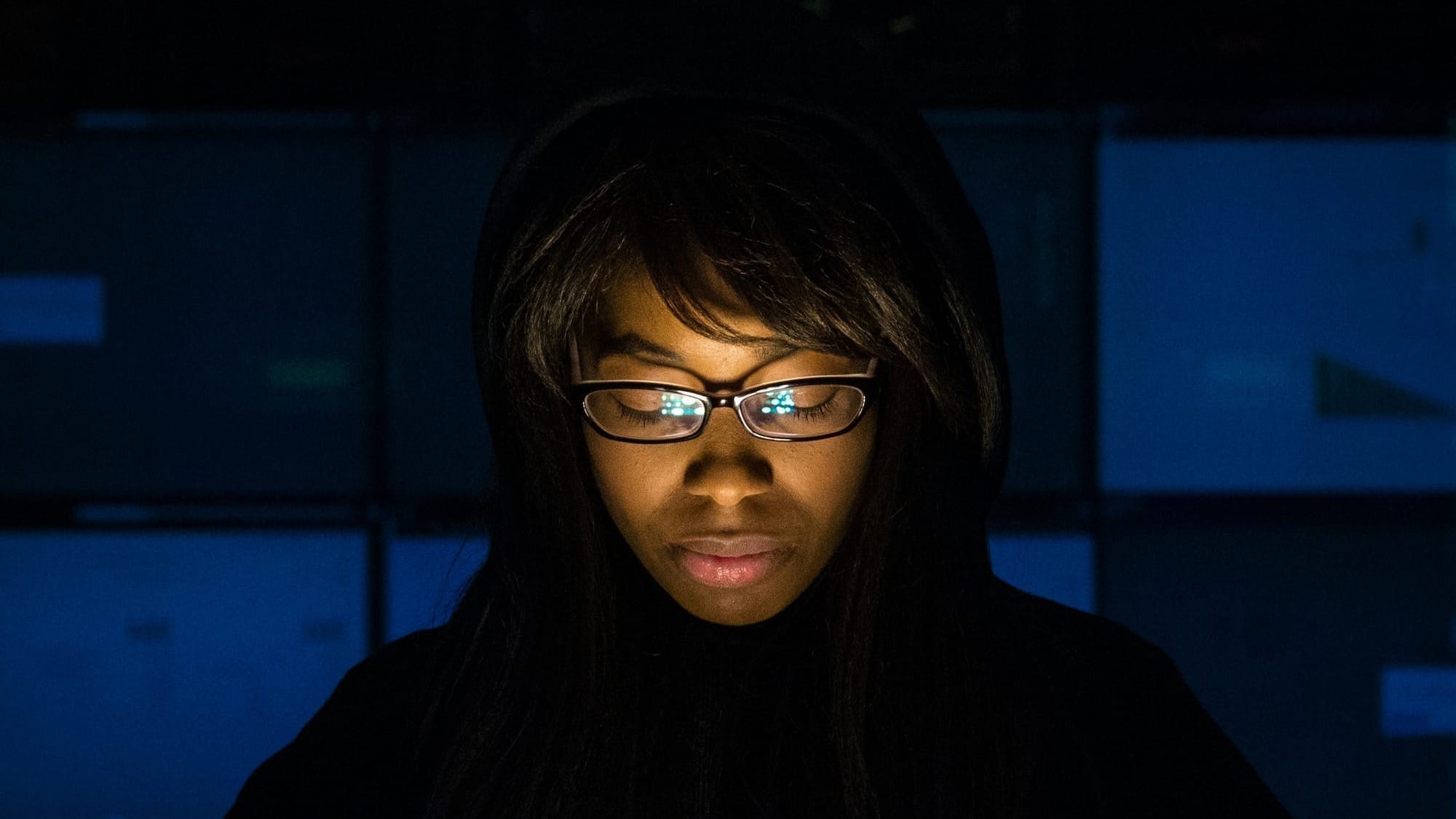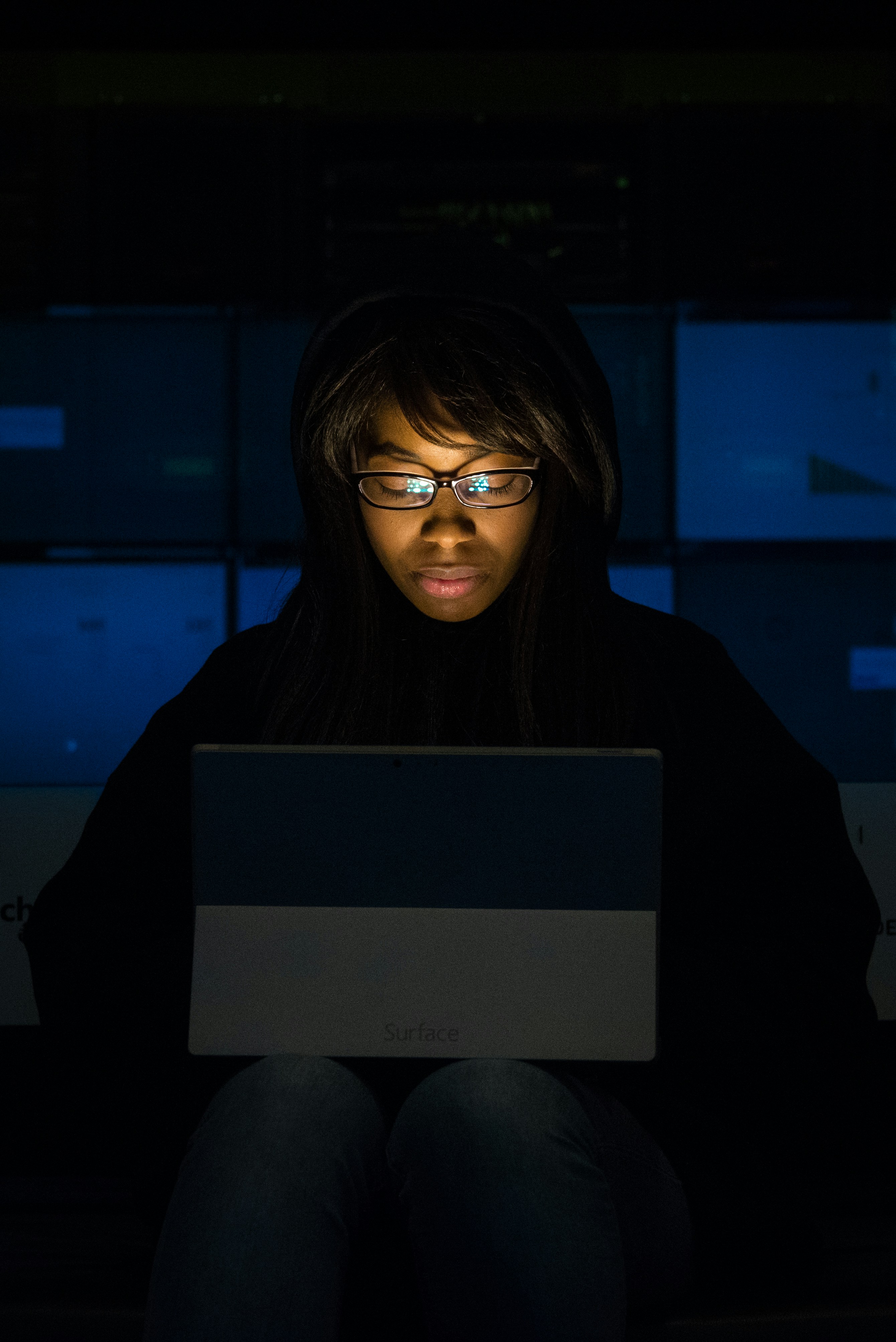Exploring Wellness and Justice Through Movement: The Journey of Jean-Jaques Gabriel
Reflecting on his prison work, he shared how he began volunteering with programs in Baltimore with Domonique Stevenson and Marshall “Eddie” Conway — a former Black Panther — that combined political education, theater, and nonviolent communication.
In the bustling heart of Philadelphia, where wellness meets activism, Jean-Jaques Gabriel has carved a space for healing that transcends traditional yoga. Haitian-born, Jean-Jaques is a father, artist, yoga instructor, and bodyworker whose journey has been defined by a commitment to community and justice. Through yoga, Thai massage, and a deeply empathetic teaching approach, he offers a path to physical and emotional liberation, particularly for Black men and marginalized communities.
Jean-Jaques' journey into yoga and bodywork began in Baltimore, where he first taught yoga while caring for his mother. Intrigued by the concept of Thai massage—described as “lazy man’s yoga”—he pursued training in Baltimore, Santa Barbara, and Greece. Eventually, life led him to Philadelphia, where he delved into community work, including teaching yoga in prisons and Shelters.
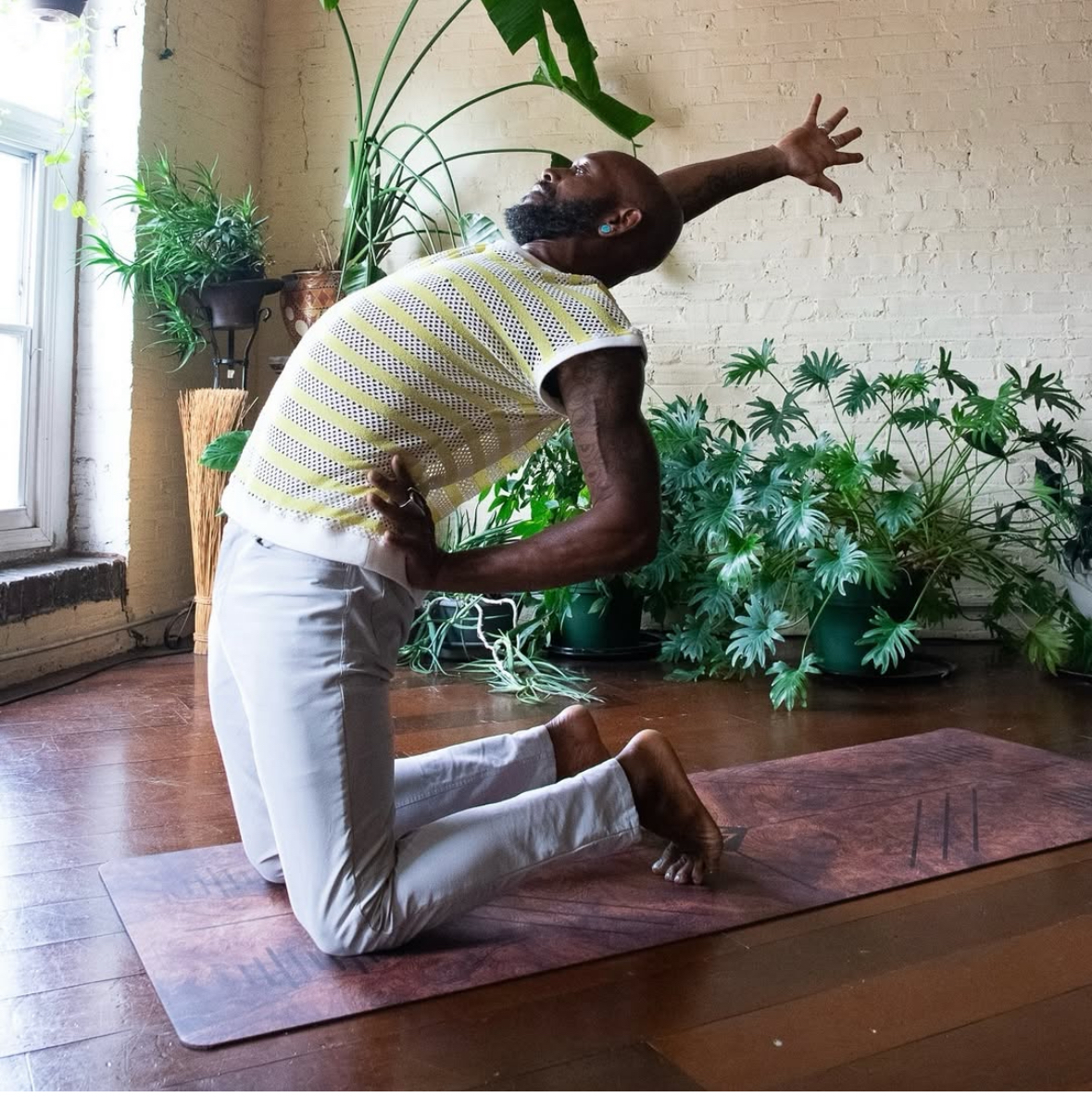
Reflecting on his prison work, he shared how he began volunteering with programs in Baltimore with Domonique Stevenson and Marshall “Eddie” Conway — a former Black Panther — that combined political education, theater, and nonviolent communication. “When they lost their yoga teacher, I volunteered,” he recalled with a laugh. “But it was transformative, showing me the power of yoga to reconnect people to their bodies and emotions after years of incarceration.”
Today, Jean-Jaques teaches at Studio 34 in Philadelphia, one of the rare Black-led yoga spaces in the city. His work has redefined inclusivity, drawing Black women and men to his teacher training programs and classes.
“There’s something deeply healing about Black people coming together in these spaces,” he explained. “It’s not just about the physical practice; it’s about belonging, community, and reclamation of wellness.
Jean-Jaques also emphasized the importance of fostering relationships across racial lines. “In my classes, white students often form meaningful connections with Black participants, creating opportunities for mutual understanding and healing.”
For Jean-Jaques, yoga is as much about activism as it is about wellness. “Yoga teaches accountability,” he said. “If you don’t move in a way that’s accountable to your body, you get hurt. The same goes for society. In my classes, I don’t shy away from addressing police brutality or systemic injustice. Yoga isn’t an escape; it’s preparation for engaging with the world.”
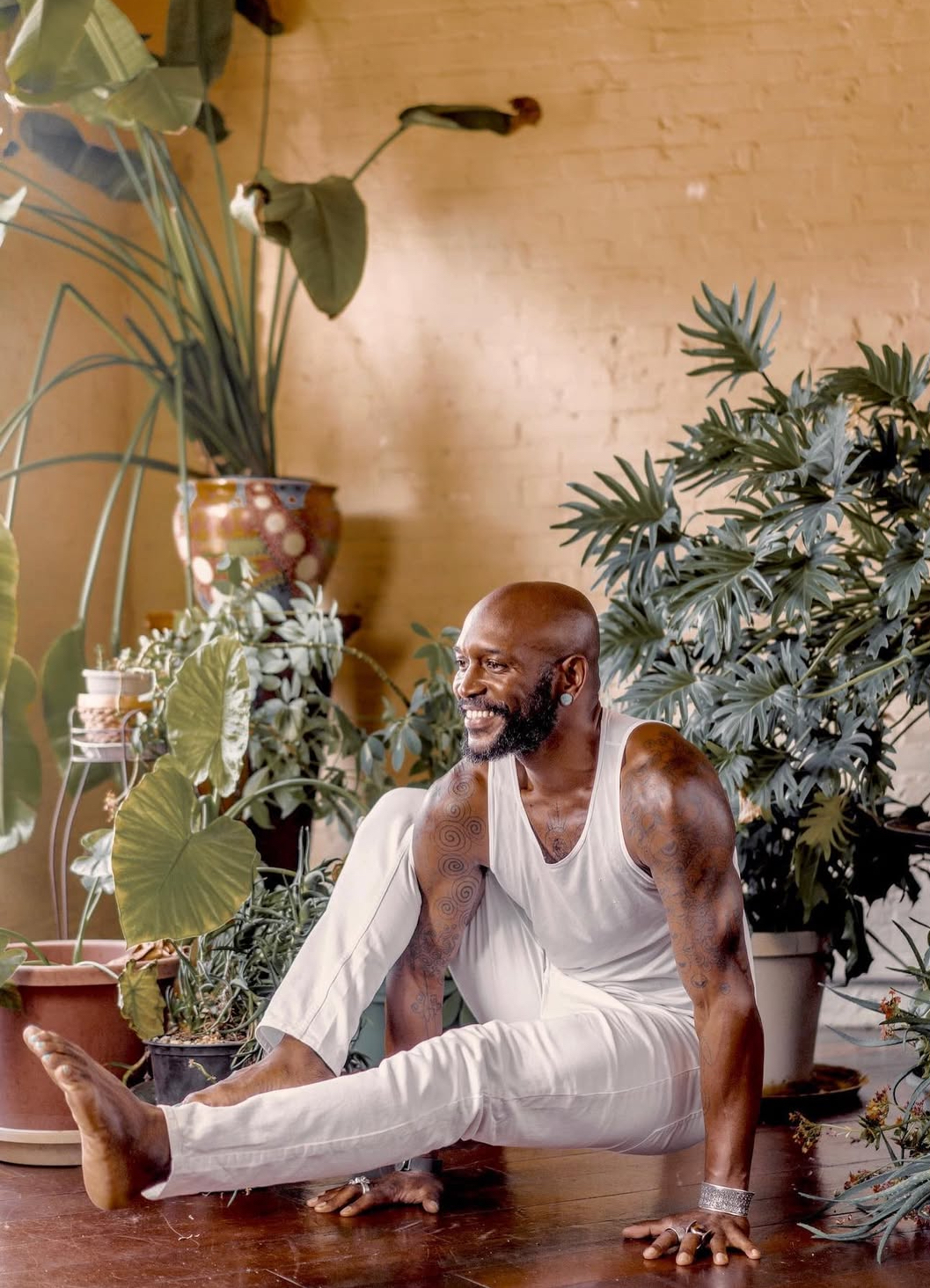
This perspective shines in retreats like the Mindful Masculinity Retreat, which he co-leads to help Black men access emotions beyond anger and toughness. “These retreats are spaces where men can explore vulnerability, joy, and community—qualities that society often denies us,” he noted.
Jean-Jaques’ vision extends beyond yoga mats. As an artist, his work merges movement, creativity, and community empowerment. His website showcases exhibitions, public art projects, and reflections on using art as a tool for healing. His Instagram profile adds a personal touch, sharing insights into fatherhood, Black joy, and wellness, while his Studio 34 page highlights testimonials from students inspired by his transformative teaching.
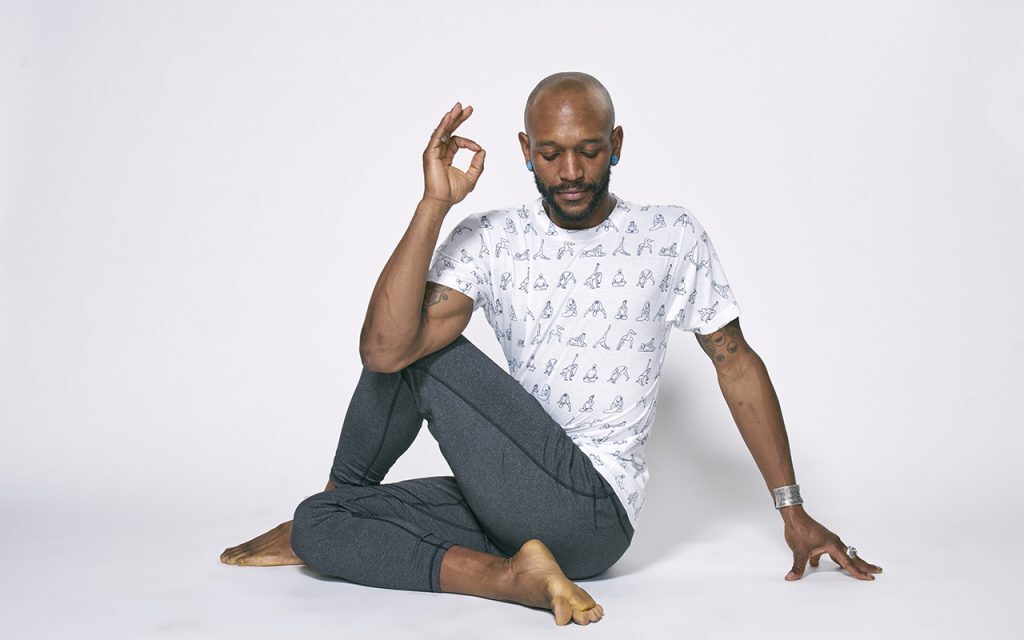
Jean-Jaques' work continues to challenge traditional yoga spaces, ensuring Black voices and bodies are represented and celebrated. “I hope to keep building spaces where people feel they belong,” he said, “because true wellness comes when we confront the structures holding us back and move toward collective healing.”
Through his teaching, art, and advocacy, Jean-Jaques Gabriel is not just a yoga instructor; he is a revolutionary, blending movement and justice to empower individuals and communities alike.
